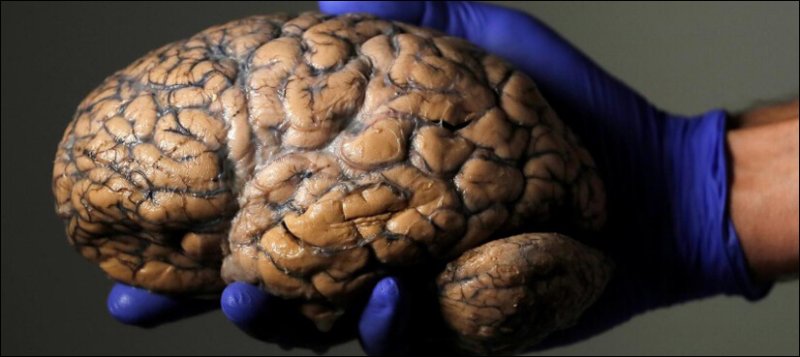Billions of dollars are flowing into research and neurotechnology projects like the U.S. Brain Initiative, Europe’s Human Brain Project, and the China Brain Project. Neuroscientists recently revealed they made mice hallucinate by tweaking 20 of their neurons. Elon Musk says Neuralink, a company that he co-founded and has invested $100 million in, is on the verge of threading ultrafine wires into people’s heads to record from at least 1,000 brain cells, a step toward telepathic communication with computers.
And yet, while scientists might be able to hack into parts of the brain with greater and greater skill, without a comprehensive understanding of the entire organ — a true model of the brain, akin to the atomic models Bohr and his peers refined at that Copenhagen villa — will progress come incrementally, remaining dependent on trial and error, and some luck?
That’s an urgent issue for a society plagued by costly and debilitating neurological and psychological diseases. It also challenges any claims that the human brain can be mastered, upgraded, and melded with machines, or maybe even uploaded to servers in an immortal cloud.
Read full, original post: Will It Ever Be Possible to Understand the Human Brain?































